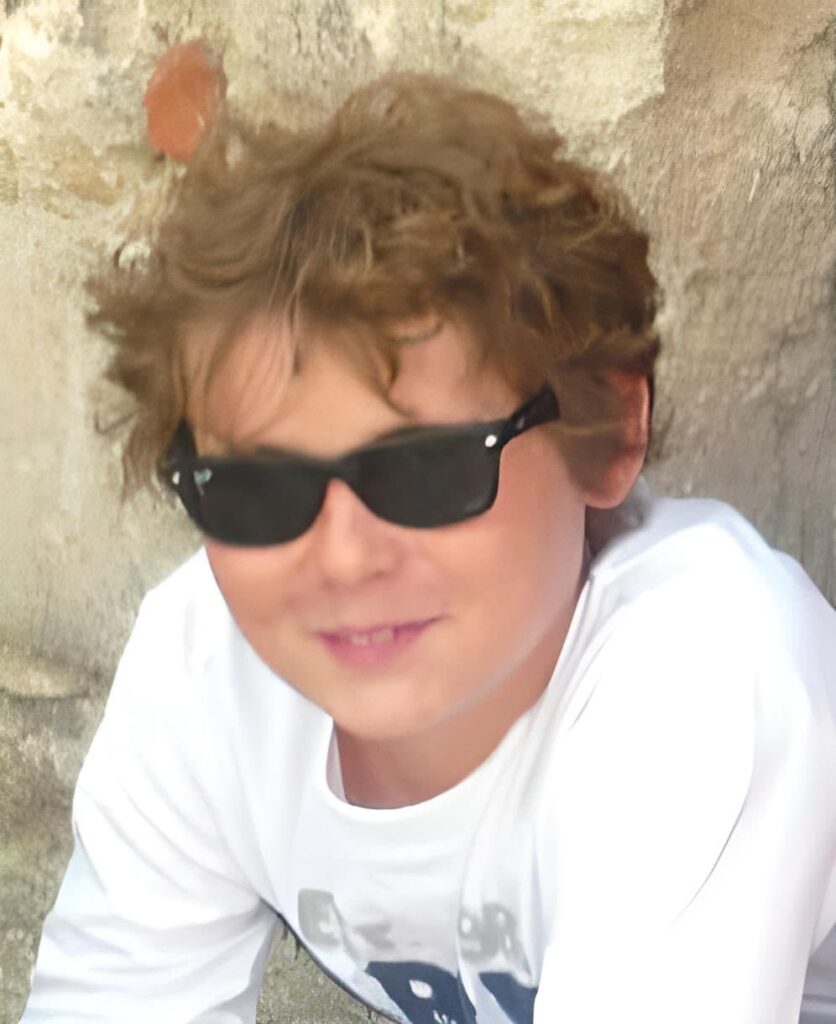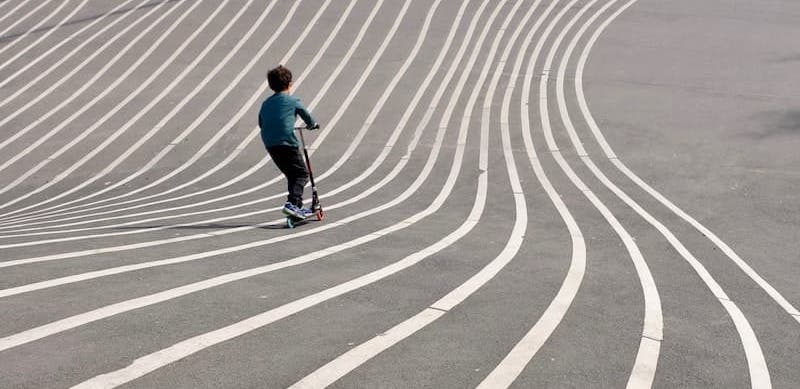What are the reasons why a child can consult an osteopath?
A difficult birth, repeated shocks and falls (when learning to walk, at playtime), the weight of a schoolbag or wearing braces can alter the child's growth and cause various ailments: scoliotic attitudes, neck pain, repeated ear infections, irritability... Osteopathy can help relieve these ailments and pathologies through gentle manipulations while respecting the physiology of the child's body


Course of a consultation
A child's consultation with an osteopath can be done without a medical prescription. However, it is preferable to talk to your pediatrician or doctor beforehand. All the osteopathic manipulations that I do are gentle and painless. They respect the physiology of the child's body. I do not practice structural manipulations (cracking). Throughout the session, I interact with the child in order to put him/her in confidence and reassure him/her. During my training, I took psychology courses on child and adolescent development.
I recommend a session every 6 months to monitor the child's growth.
The consultation will take place in the office in the presence of an adult. It lasts on average 45 minutes.
When should a child see an osteopath?
More and more doctors and pediatricians are advising parents to consult an osteopath for their child as an alternative to drug treatments, or as a complement to conventional treatments such as physical therapy sessions for scoliosis, for example.
Osteopathy is a therapeutic but also a preventive practice. Thus I advise my patients to have an osteopathic session every 6 months, in order to check the good progress of the growth. A shock or a trauma, even a minor one, can have consequences on the child's body and generate minor aches and pains which will become more pronounced in adulthood.
Osteopathy in children can also relieve the following symptoms and pathologies
📊 Prevention and growth monitoring.
- Osteopathic assessment
- Growth monitoring
- Follow-up of a dental appliance
- Following a fall, a trauma
💤 Sleep / Behavioral
- Anxiety
- Stress
- Agitation
- Sleep disorder
💪🏼 Neuromuscular
- Scoliosis
- Scoliotic attitude
- Cervicalgia
- Back pain
- Low back pain
- Torticollis
- Plagiocephaly
👁️ ENT, ophthalmology and neural
- Chronic ear infections
- Chronic sinusitis
- Chronic angina
- Chronic conjunctivitis
- Chronic headaches
- Ophthalmic migraines
- Migraines
🥘 Digestive
- Regurgitation
- GERD / Gastroesophageal reflux disease
- Nausea
- Constipation
- Diarrhea
- Significant bloating